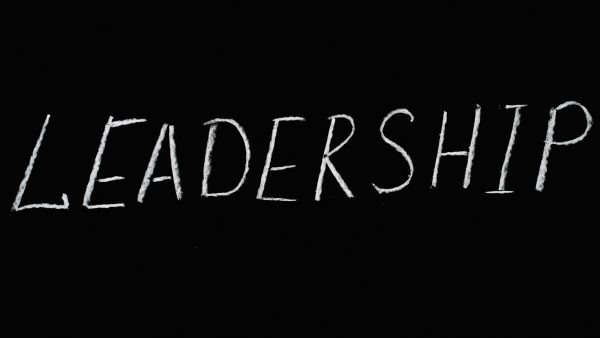Looking for a more general term, we could start by looking for the definition in the dictionary of the Royal Spanish Academy: ‘The action and effect of motivating, motive (cause), a set of internal or external factors that partly determine a person’s actions’
Here we see that the word motivation is associated with the reasons or causes of an action. Why we do what we do, why we don’t do something else that was within our reach.
Why did the chicken cross the road?
This rhetorical question could often apply to ourselves. We often act in an unconscious way and then, depending on the results, we look for a reason for what we did. However, if we understand the mechanisms that trigger our actions and those of others, we could act in a more intentional way, aligned with the best part of ourselves.
Multifactorial motivation
Motivation is multifactorial. Our actions could be the result of a kind of algebraic sum of different ideas that support or oppose something in particular. Hence, it is very common for me to do things that could eventually harm me, or that could bring me bad consequences.
The psychologist Steven Reiss did an exhaustive job synthesising what he calls ‘the 16 basic desires of human beings’ (you can take a look here), a list of needs that motivate us to act, which are present in each of us but with a different level of importance.
Why do I come to work? If we look for the answer using the list of 16 desires, we see that there is more than one that could answer this question. In my case, for example, coming to the office fulfils in an almost direct way my desire to relate to others because of the number of people I interact with, and my desire for power because of the influence I feel in decision-making. Now, if I think about it a little more, coming to work supports my desire for a family through the livelihood and the desire for peace of mind through the financial stability it gives me.
We may not be able to answer why we act, but when we think about it a little we can come up with more than one reason.
More aspects about motivation
Another pair of psychologists called Edward Deci and Richard Ryan published a paper in 1985 called ‘Intrinsic Motivation and Self-Determination in Human Behaviour’. This paper develops a concept of motivation that begins with ‘cues and desires’ which then set in motion a cycle of desire – action – reward, centred on the factors of autonomy, relatedness and competence.
Some of these factors are repeated in the 16 desires model, while others complement it. On the other hand, the autonomy perspective can shed light on some very interesting things that apply to motivation.
What makes me autonomous?
Having autonomy means perceiving that one has the capacity to decide and the possibility of self-regulation. In a way, each of us is born ‘with nothing’ and builds a self, a way of life, which we then use to make decisions.
This self-image changes over time. When I got married, my role as a married man came with a list of things to do and others to give up. My role motivated me to generate behaviours and eliminate others.
Another aspect of this pillar of autonomy that is particularly powerful in the business world is when I feel like I am the ‘owner’ of an initiative. If, instead of doing what someone else tells me, I take ownership of a vision or a goal, my motivation will grow significantly.
Know yourself and your team
Why is motivation important? Because it is what gives rise to our actions. We understand, when reviewing the subject, that it is something very diverse and complex, a sum of different aspects, but to the extent that we understand new reasons for doing something, we will do it with greater determination, focus and energy.
As a general rule, the desire to build is more pleasant than the fear of losing. Sometimes the fear of negative consequences is what drives us, but we can identify factors that point to other motivators that bring us satisfaction and a higher level of happiness.
The subject of motivation is a very rich and interesting one. If you would like to know more, I recommend the book ‘The Power and Science of Motivation’ by Luis Jimenez.
Intrinsic motivation is a force that is born within us rather than obeying external factors. External factors can eventually force us to do things, but as soon as they disappear our internal motor will immediately take us where we want to be. Perhaps that is why they have found it very difficult to psychologically condition people to obtain lasting results.












